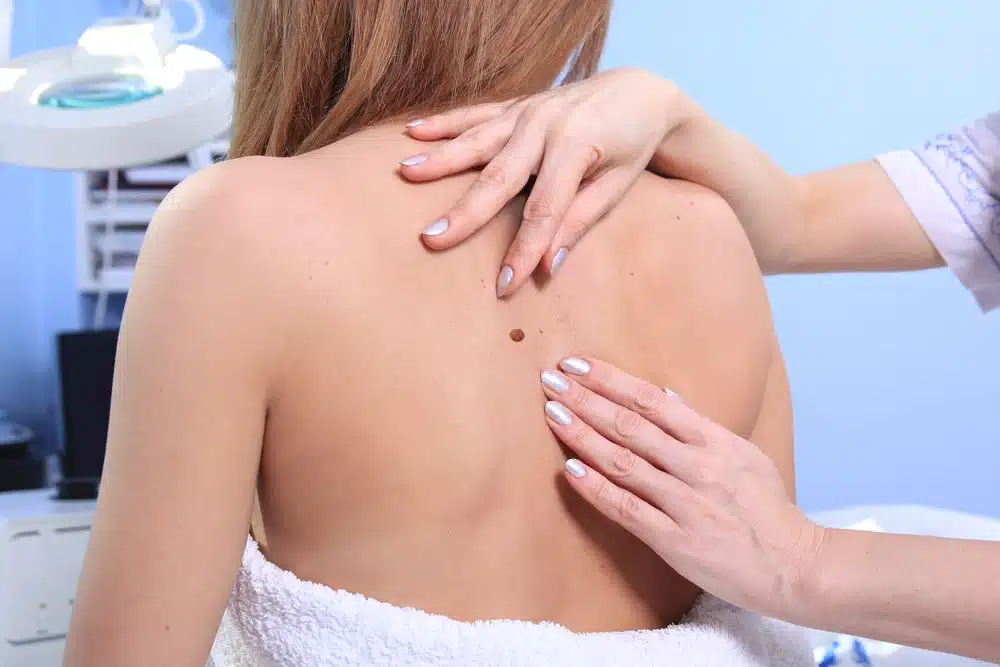It’s summertime now and one of the most overlooked cancers in America is skin cancer. Most people with skin cancer are unaware that they have it. Like all body tissues our skin is made up of cells: basal cells, squamous cells and melanocytes. Skin cancer types are named after the skin cell in which the cancer develops: basal cell carcinoma, squamous cell carcinoma and melanoma. The most serious is melanoma because it can grow very quickly and can become life-threatening in as little as six weeks.
It’s important that everyone be routinely screened once a year by a dermatologist, especially those with fair skin or a family history of any skin cancers.
Wearing sunscreen to protect your skin is the most common approach to preventing risk of skin cancer, but to protect oneself from all the harmful effects of sun damage to skin, taking the supplement, B3 (niacin) is vital.
You might have heard of the powers of B3, niacin from scientific studies reported by cardiologists. Refer to this link as a reference on niacin and cholesterol: https://www.reference.com/health/use-niacin-treat-cholesterol-9cdec0c41a586dd7. Bad cholesterol was reduced with niacin (non-flushing niacin) in high doses like 2000mg to . 3000mg. a day. In contrast to Statins, (the drug that reduces bad cholesterol), had the effect at the same time of lowering good cholesterol. Niacin will lower bad cholesterol without lowering good cholesterol.
Now, niacin is in the news for the it’s cancer protection. A study of Australian researchers tested it on 386 people who had been diagnosed with skin cancer, squamous or basal. After taking 500mg. of B3 a day for a year. 23 percent were less likely to have another cancer diagnosed. If you are exposed to the sun on a daily basis and have a skin diagnosis, you will have to continue taking it the rest of your life (according to this report). It is not known if it is effective for people who are not susceptible to skin cancer for use as a life-style preventative measure. Studies have not been performed but the it seems that it is still worth considering this precaution if you are “in the Sun” for your job or you are beach enthusiast.
